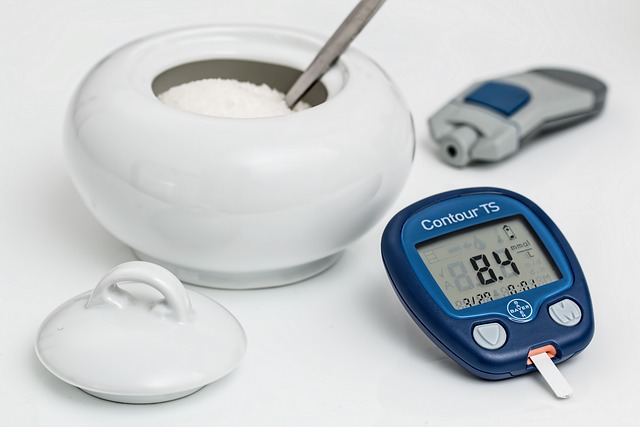Preventing Diabetes Complications through Smart Lifestyle Choices

Preventing Diabetes Complications through Smart Lifestyle Choices
Living with diabetes presents unique challenges, but you can reduce the risk of complications with the right information and a commitment to a healthy lifestyle. Diabetes management goes beyond medication and monitoring blood sugar levels – it's about making thoughtful choices daily. In this article, we'll discuss how adopting a healthy and holistic approach to your lifestyle can help you prevent diabetes complications and lead a fulfilling life.
Understanding Diabetes Complications
Diabetes complications can affect various body parts, including the heart, eyes, kidneys, nerves, and blood vessels. These complications arise due to consistently high blood sugar levels over time. By focusing on a few key areas, you can proactively minimize the risk of these complications.
How to Minimize Risk for Diabetes Complications
Maintaining Healthy Blood Sugar Levels
Keeping blood sugar levels within a target range is the cornerstone of diabetes management. Regular monitoring and adhering to your healthcare provider's recommendations for insulin or medication can play a vital role in preventing spikes and crashes in blood sugar.
Healthy Eating Habits
A balanced diet rich in whole grains, lean proteins, healthy fats, and plenty of vegetables is essential. Portion control and mindful eating help regulate blood sugar levels. Prioritize foods with a low glycemic index to prevent sudden sugar spikes.
Regular Physical Activity
Exercise is a powerful tool to manage diabetes. It improves insulin sensitivity and helps maintain a healthy weight. Aim for at least 150 minutes of moderate-intensity aerobic activity weekly, including strength training exercises.
Lifestyle Choices to Prevent Diabetes-related Complications
Preventing Complications through lifestyle choices can make a significant impact on preventing diabetes-related complications.
Cardiovascular Health
Diabetes increases the risk of heart disease. Engage in aerobic exercises like brisk walking, swimming, or cycling to improve heart health. Incorporate heart-healthy foods such as nuts, fatty fish, and olive oil into your diet.
Eye Care
Diabetes can lead to vision problems, including diabetic retinopathy. Annual eye exams are crucial to catch any issues early. Control blood sugar and blood pressure levels, and quit smoking to protect your eyes.
Kidney Health
High blood sugar levels can damage the kidneys over time. Stay hydrated, manage blood pressure, and limit salt intake to protect kidney function. Regular medical check-ups can catch any kidney issues in their early stages.
Nerve Health
Diabetic neuropathy can cause numbness and pain in the extremities. To prevent nerve damage, practice good foot hygiene, wear comfortable shoes, and manage blood sugar levels consistently.
Mindful Stress Management
Chronic stress can impact blood sugar levels. Incorporate stress-reduction techniques like meditation, deep breathing, or yoga into your routine to maintain emotional well-being.
Sleep Quality
Prioritize getting adequate sleep. Poor sleep can disrupt blood sugar control and overall health. Maintain a regular sleep schedule and create a sleep-friendly environment.
Regular Check-ups
Regular visits to your healthcare provider are essential. These appointments allow continuous monitoring of your overall health, blood sugar levels, and potential complications.
Final Thoughts
Preventing diabetes complications requires a holistic approach to your lifestyle. By embracing healthy eating habits, staying active, managing stress, and keeping a close eye on your overall health, you can significantly reduce the risk of complications associated with diabetes. Remember, every small step towards a healthier lifestyle brings you closer to a brighter, complication-free future. Your commitment to self-care is the key to living well with diabetes.
